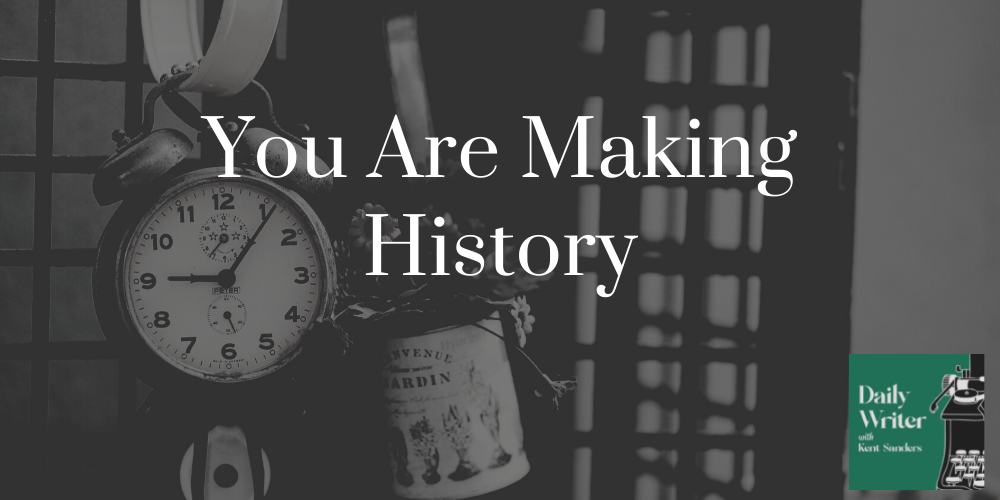When you walk into a library or a bookstore, even if it’s online, you’ll notice that books are categorized into genres. Popular genres include biography, children’s books, adult fiction, self-help, spirituality, and history, among many others.
No matter what type of books you write, your work always belongs in the history category. Not necessarily because you’re writing literal history, but because you’re making history.
What does this mean? It means that you have immense power to determine how people think, feel, and act. If you write fiction, your stories can move people to fear, anger, tears, or joy. Those emotions can change how they feel about themselves, their family and friends, and their place in the world. Those feelings can lead to action.
If you write non-fiction, your words and content can educate, inform, inspire, and motivate people. The whole purpose of non-fiction is to help people make some kind of change in their lives. Maybe that change is learning more about the past, learning how to cook, breaking an addiction, or healing their marriage.
You’re making history with your words because you’re changing people. Quite literally, whenever you write and someone reads those words, it changes them and can move them to action.
When we writers describe what we do, we often put the modifier “just” in front of our title, as in, “I’m just a writer.”
Winston Churchill said, “History will be kind to me for I intend to write it.” We can take that a step further. You’re never just a writer. You’re the most powerful type of person: one who may not necessarily be writing about history, but you’re definitely making it.

